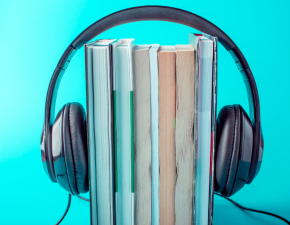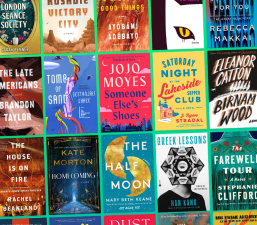Is Audiobook Listening the Same as Reading?
Is listening to audiobooks the same as reading traditionally?
Some people believe audiobooks aren't really reading, while others rely on them because they're more convenient and a substitute for traditional reading. But do they offer the same benefits?
Reading decoding and language processing. Decoding refers to the process of reading the sounds of each word and character in print. When we read, we initially hear our own voice or read in our heads. For example, when a child reads the words "green apple," the sounds of the words "green apple" blend together to form a meaningful word.

Language processing refers to the mental processes you use to communicate with others and how we process and comprehend reading. This means we use language processing to understand, for example, the dialogue and plot in a book. So, essentially, the only difference between listening to audiobooks and reading a physical book is that audiobooks don't require decoding. Research shows that comprehension from listening is comparable to comprehension from reading.
Rereading. But during reading, approximately 10% to 15% of the average person's eye movements are actually retracing, meaning their eyes go back to reexamine what they just read. This happens very quickly, and this reading habit strengthens comprehension.
For audiobooks, rereading is like pressing pause or listening to something over and over again. Listening to a book is continuous, so is that cheating? Actually, not really. Reading and listening to a book share the same purpose, but we choose different ways to achieve it.
You use different methods to acquire information from a book. Active reading involves rereading, while listening to a book is a continuous process. Both methods achieve the same goal. Therefore, from some perspectives, a combination of the two may yield the best reading results.
Each method has its advantages
The advantage of listening to a book is that you can do other things while listening, whether it's driving to work, cooking, traveling, doing laundry, or anything else that doesn't require much thought. Listening to audiobooks is very convenient, and it's easy to finish a book.
Reading a physical book, especially one with a more specialized content, requires a slower pace and more focused reading. You can identify key points and take notes while reading. This makes reading a physical book easier than listening to it repeatedly.


